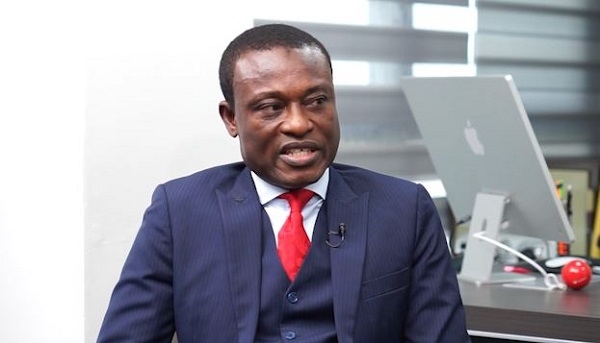Susan Pearce on the unifying purpose of bureaucrats and clinicians
NSW Health boss Susan Pearce makes no bones about her leadership team existing to support the frontline. There is no other way to sensibly think about what the bureaucratic organisation she helms works for.
But the secretary has had enough of the popular narrative that senior public servants are self-serving ‘fat cats’ who occupy their roles for high status and big salaries.
“If I were working in the private sector, I would be paid 10 to 20 times what I’m being paid to be the secretary of NSW Health,” Pearce told an audience in Sydney this month.
“I’m in the job because it’s purposeful, and it means something to me, and I care very deeply about it — and I always have.
“If we want to build a better public service, we have to stop using it as a convenient political football. Because why on Earth would people want to join an organisation that is spoken about in the public discourse in the way that it is?”
Pointing to the immense community trust and respect that people like NSW chief health officer and deputy secretary Dr Kerry Chant had earned, particularly through her leadership during the COVID-19 pandemic, Pearce said it was worth remembering that experts of this calibre were also public servants.
“I’m not saying that public servants do everything right — we just don’t. We can’t afford to be insular and have echo chambers and think we’re right about everything,” Pearce said.
“My point is that people I work with work really hard, they care about what they’re doing, there isn’t a chasm between us and our [frontline] workforce because at the end of the day we’re here for the same purpose, and that is what unites us.
“I’d really love to get to a place where the community understood, in actual fact, the public service does work very hard under very difficult circumstances, but they come to work with that sense of purpose.”
Pearce made her remarks as part of a panel discussing the future of public service leadership for The Mandarin’s conference ‘Building a Better Public Service’.
She described the NSW Health workforce, with a headcount of 180,000, as the organisation’s most precious asset and resource.
“Our staff are very well educated … and amazing. They are very opinionated, and they have every right to be,” Pearce said.
“We’ve got to be able to garner that and talk openly and transparently with people about the things we are trying to do.”
Not only was it best practice to draw on the feedback and listen closely to staff’s suggestions for change, there was no hope of implementing a new idea unless it was openly disclosed and properly explained to those health workers who would be affected, she said.
“My experience over many years is that leaders who try to somehow sneak something through — it will come unstuck.
“You’ve also got to get yourself to a position within your own organisation where sometimes the best outcome you can achieve is agreeing to disagree. And that that is not the end of the world for everyone.
Pearce observed that the tendency to take a short-term approach to public administration was a phenomenon that had become increasingly prevalent, affecting government systems across the state.
Reflecting on any one individual public servant’s capacity to effect change, the secretary said roles in government came with a certain sphere of influence.
“You don’t always win the argument [for system change and] navigating your way through those discussions can be challenging,” Pearce said.
“You’ve got to accept that the government of the day has a right to make policy decisions in the same way that, as the secretary of Health, I have the ability to make policy decisions.”
Pearce said there are often opportunities to put ideas forward to ministers, but sometimes, for a host of reasons, good ideas simply would not land as planned. Public servants needed to become accustomed to this likelihood, she said.
Depending on the political climate and time of year, like for example budget cycles, Pearce added, the operating context could be more suitable to attempt system reform than at other times.
“Every year you’re dealing with the dynamic [during the budget cycle] of what you can afford to do or not do,” Pearce said, reflecting on her annual budget of approximately $35 billion.
“Ideally, we’ve got to think beyond a 12-month budget cycle because you do need to lay foundations for change, and you can’t do that in a short-term way … but to be brutally honest, short-termism is always going to be there,” she said.











---2025-01-26t115841.968-min.jpg?sfvrsn=28751287_1)

